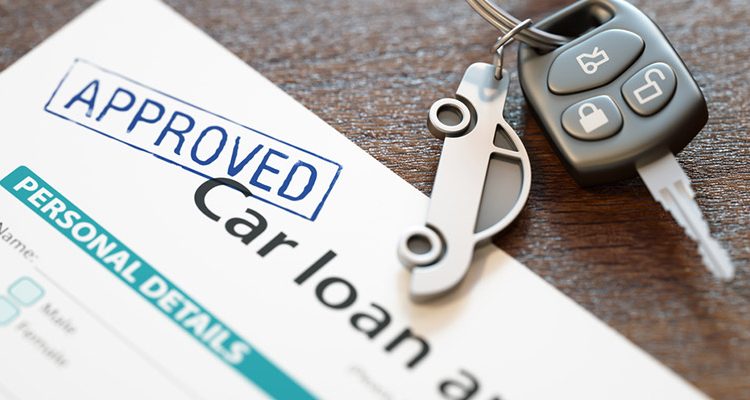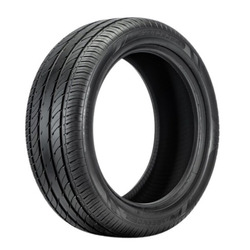

**PAMA Reports 8% Drop in Car Sales Last Month**
The Pakistan Automotive Manufacturers Association (PAMA) has announced an 8% decrease in car sales for May 2024, showcasing persistent difficulties in the nation’s automotive industry. The most recent statistics indicate a sustained decline in consumer demand, driven by a mix of economic challenges, escalating inflation, and elevated interest rates.
### Monthly Sales Summary
In accordance with PAMA’s monthly analysis, total passenger car sales fell to about 10,500 units in May 2024, down from 11,400 units in April 2024. This represents the second straight month of decreasing sales, prompting worries among industry participants regarding the sector’s near-term prospects.
The drop was noted across various vehicle categories, with compact and mid-sized sedans witnessing the most notable reduction. Hatchbacks and SUVs also faced lower sales, though to a lesser degree.
### Reasons for the Decline
Several elements have led to the recent downturn in car sales:
1. **Economic Volatility**: The macroeconomic landscape in Pakistan remains unstable, with a declining rupee and soaring inflation rates diminishing consumer buying capacity.
2. **Elevated Interest Rates**: The State Bank of Pakistan’s stringent monetary policy, designed to tackle inflation, has resulted in high interest rates, making auto financing pricier and deterring prospective buyers.
3. **Rising Vehicle Prices**: Manufacturers have had to increase prices due to growing production expenses, primarily due to higher import taxes on auto parts and fluctuations in currency exchange rates.
4. **Supply Chain Challenges**: Ongoing global supply chain disruptions, especially regarding the availability of semiconductor chips, continue to hinder vehicle production and delivery schedules.
### Performance by Segment
– **1300cc and Above**: This category, comprising popular vehicles like the Toyota Corolla and Honda Civic, experienced a 10% reduction in sales. Industry analysts link this to the high initial cost and reduced affordability among middle-income consumers.
– **1000cc Segment**: Cars such as the Suzuki Cultus and Wagon R saw a 7% decline in sales, mirroring a broader trend of cautious consumer spending.
– **Below 1000cc**: Entry-level cars, including the Suzuki Alto, also faced a decrease, though less severe at approximately 5%. These models usually cater to first-time buyers and those looking for economical transportation.
### Industry Reaction
In response to the downturn, automakers are introducing promotional offers, flexible financing solutions, and extended warranty options to stimulate demand. Some manufacturers are also considering local production of auto components to lessen reliance on imports and ease cost challenges.
A representative from PAMA stated the importance of government assistance to stabilize the sector. “We encourage policymakers to evaluate strategies such as tax breaks and incentives for local manufacturing to help restore consumer confidence and support the autorecovery,” said the spokesperson.
### Future Prospects
Although the current outlook remains cautious, industry experts believe that a possible reduction in interest rates and stabilization of the currency could lead to improved sales in the latter half of 2024. However, much will rely on broader economic indicators and the government’s fiscal strategies.
Meanwhile, PAMA and its member organizations continue to keep a close watch on market developments, hoping for an uptick in consumer demand as economic conditions improve.
—
**Conclusion**
The 8% decrease in car sales communicated by PAMA highlights the obstacles confronted by Pakistan’s automotive sector. With economic challenges and shifting consumer behaviors, the recovery path may be slow. Stakeholders are advocating for cooperative efforts between the industry and government to manage this downturn and establish a foundation for sustainable growth in the future.






